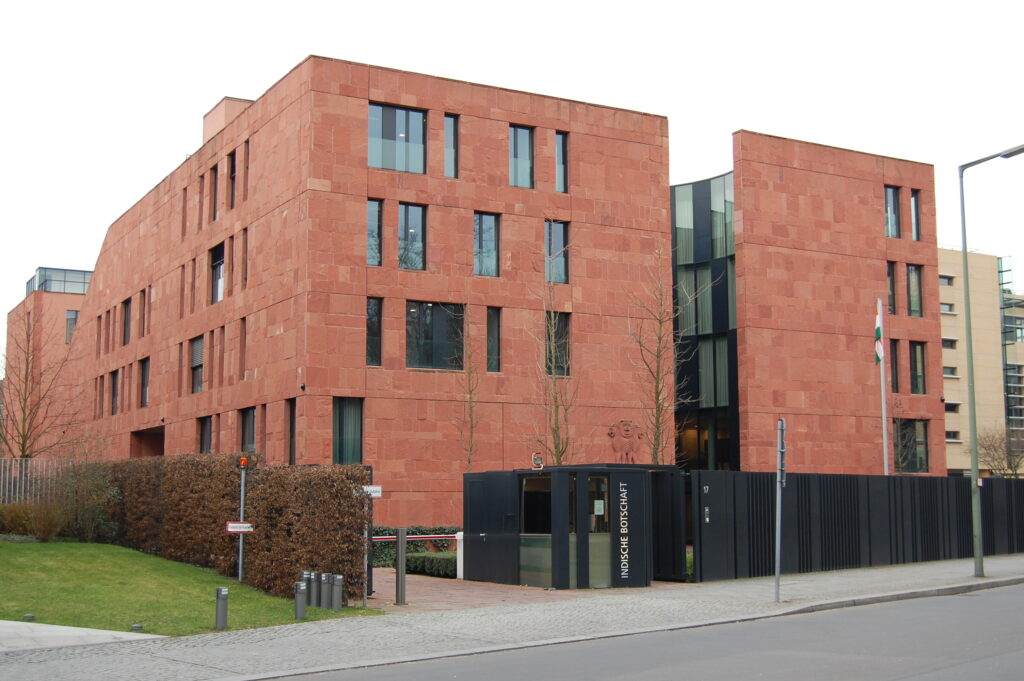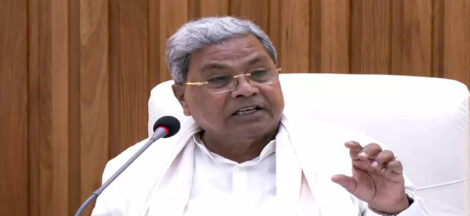An Indian all-party parliamentary delegation visiting Germany secured a firm reaffirmation from Berlin of its support for India’s stance against terrorism and its rejection of “nuclear blackmail” by Pakistan, Federal Foreign Minister Johann Wadephul declared during meetings in Berlin on Friday. Wadephul condemned the 22 April Pahalgam attack, in which 26 civilians lost their lives, and voiced Germany’s solidarity with India’s measured response.
Led by BJP MP Ravi Shankar Prasad, the delegation conveyed New Delhi’s “zero‑tolerance” policy towards terrorism and shared details of Operation Sindoor—the targeted Indian military response on 7 May, which struck terror infrastructure in Pakistan and Pakistan‑occupied Kashmir. Wadephul, building on his prior discussions with External Affairs Minister S Jaishankar, expressed grave concern over Pakistan‑sponsored terrorism and affirmed Germany’s backing for India’s right to self-defense.
The delegation’s engagements included meetings with Bundestag key figures—Jurgen Hardt, Tilman Kuban, Armin Laschet, Ralph Brinkhaus and Hubertus Heil—as well as high‑level think‑tanks such as Konrad Adenauer Stiftung. Laschet, chairing the parliamentary Foreign Affairs Committee, described the Pahalgam atrocity as “brutal” and underscored Germany’s shared commitment to global security and democratic values.
Throughout the discussions, Indian delegates emphasised that India distinguishes between terrorists and those who harbour or support them—the stance that Berlin reportedly commended as precise, measured and non‑escalatory. This clarity reinforced Germany’s commitment to a rules‑based international order rooted in democratic principles.
Wadephul underscored the importance of collective democratic action in countering terror threats. “Terrorism must never have a place in the world … we will support everyone who fights it,” he affirmed, echoing Jaishankar’s recent assertion that India would “never give in to nuclear blackmail” and would conduct dealings with Pakistan strictly through bilateral channels.
While praising India’s calibrated military restraint, German interlocutors also acknowledged the regional tensions that followed Operation Sindoor, which triggered a brief military exchange lasting four days before a ceasefire was brokered on 10 May through discussions between both countries’ military leaders. German voices, including Laschet, encouraged maintaining ceasefire discipline and pursuing dialogue to reinforce regional stability.
The delegation also met Omid Nouripour, Vice‑President of the Bundestag, who emphasised Berlin’s unequivocal support for India’s principled stand. The Parliamentary entourage highlighted that India would not concede to nuclear intimidation and advocated handling Pakistan‑related issues bilaterally.
Ravi Shankar Prasad underscored the importance of Germany sharing New Delhi’s resolute message: democratic nations should present a united front in confronting cross‑border terrorism. The delegation further discussed deepening cooperation in defence, counter‑terrorism, trade, science, technology and people‑to‑people ties—all within the ambit of the growing India‑Germany strategic partnership.
Significantly, the delegation also interacted with the Indian diaspora in Berlin, observing a two‑minute silence for the Pahalgam victims. The event garnered strong community support, with members drawing inspiration from India’s firm diplomatic posture.
The backdrop to this engagement is a broader diplomatic campaign by India, involving seven multi‑party parliamentary visits to 33 capitals worldwide. The objective: to highlight Pakistan’s ties to terrorism in the wake of the Pahalgam attack and Operation Sindoor.
By rallying Germany’s backing, India strengthens its argument that global democracies must unite against terror threats masquerading as state‑backed provocations. Germany’s unequivocal support adds momentum to New Delhi’s effort to frame the terrorism issue within international forums and uphold sovereign rights in defence of national security.




 Elections Under Scrutiny Amid “Match‑Fixing” Shadow
Elections Under Scrutiny Amid “Match‑Fixing” Shadow 